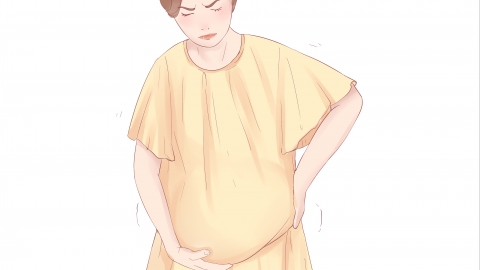Can frequent uterine contractions at 29 weeks of pregnancy be treated with medication?
Frequent contractions at 29 weeks of pregnancy can usually be treated with medications, which should be used under a doctor's guidance. If discomfort occurs, prompt medical attention is recommended.

If frequent contractions occur at 29 weeks of pregnancy but have not reached the threshold for preterm labor—meaning the cervix has not dilated, membranes have not ruptured, and the fetus is not under immediate threat according to a doctor's evaluation—medications may be considered to reduce contractions, prolong the pregnancy, and allow more time for fetal development. Commonly used medications include, but are not limited to, magnesium sulfate and beta-adrenergic receptor agonists, which can temporarily suppress uterine contractions, thereby reducing the risk of preterm birth.
Pregnant women should strictly follow their doctor's instructions when taking medications and must not take any drugs arbitrarily. Additionally, medication is not the only treatment option. Pregnant women can also adopt non-pharmacological measures such as bed rest, hydration and electrolyte replenishment, and fetal monitoring to alleviate symptoms.
In daily life, pregnant women should avoid excessive fatigue and ensure adequate rest to reduce the occurrence of contractions. Regular prenatal checkups are also important for ensuring maternal and fetal safety.




